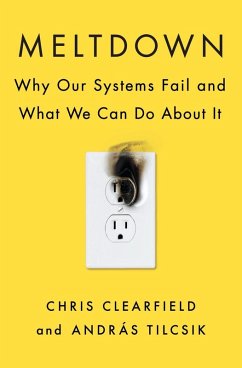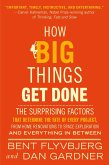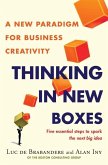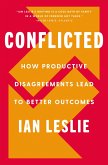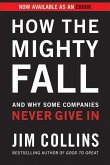NAMED A BEST BOOK OF 2018 BY THE FINANCIAL TIMES A groundbreaking take on how complexity causes failure in all kinds of modern systems--from social media to air travel--this practical and entertaining book reveals how we can prevent meltdowns in business and life "Endlessly fascinating, brimming with insight, and more fun than a book about failure has any right to be, Meltdown will transform how you think about the systems that govern our lives. This is a wonderful book."--Charles Duhigg, author of The Power of Habit and Smarter Faster Better A crash on the Washington, D.C. metro system. An accidental overdose in a state-of-the-art hospital. An overcooked holiday meal. At first glance, these disasters seem to have little in common. But surprising new research shows that all these events--and the myriad failures that dominate headlines every day--share similar causes. By understanding what lies behind these failures, we can design better systems, make our teams more productive, and transform how we make decisions at work and at home. Weaving together cutting-edge social science with riveting stories that take us from the frontlines of the Volkswagen scandal to backstage at the Oscars, and from deep beneath the Gulf of Mexico to the top of Mount Everest, Chris Clearfield and András Tilcsik explain how the increasing complexity of our systems creates conditions ripe for failure and why our brains and teams can't keep up. They highlight the paradox of progress: Though modern systems have given us new capabilities, they've become vulnerable to surprising meltdowns--and even to corruption and misconduct. But Meltdown isn't just about failure; it's about solutions--whether you're managing a team or the chaos of your family's morning routine. It reveals why ugly designs make us safer, how a five-minute exercise can prevent billion-dollar catastrophes, why teams with fewer experts are better at managing risk, and why diversity is one of our best safeguards against failure. The result is an eye-opening, empowering, and entirely original book--one that will change the way you see our complex world and your own place in it.
Dieser Download kann aus rechtlichen Gründen nur mit Rechnungsadresse in A, B, BG, CZ, D, DK, EW, E, FIN, F, GR, HR, H, I, LT, L, LR, NL, PL, P, R, S, SLO, SK ausgeliefert werden.

